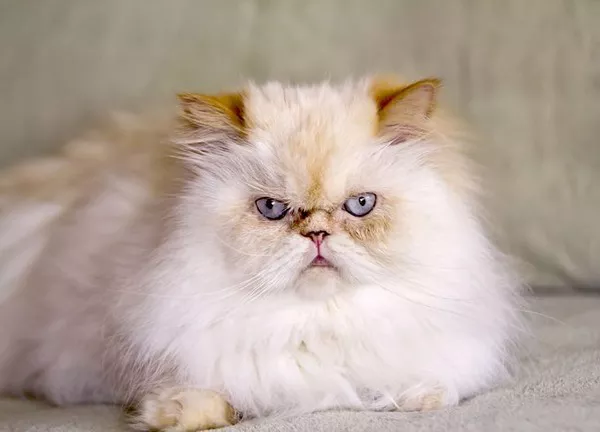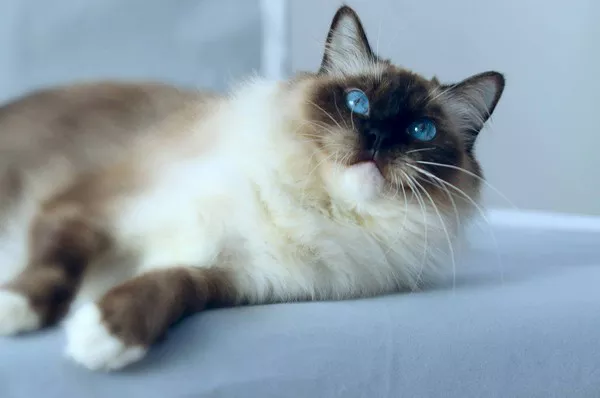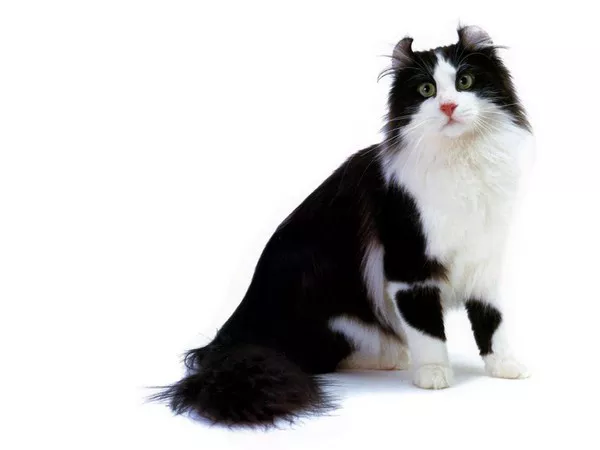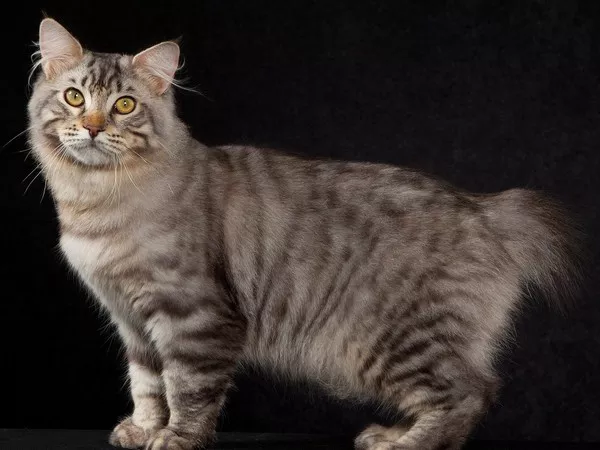Our feline friends rely on proper hydration to maintain their health and well-being. Dehydration in cats can lead to various health issues and discomfort. In this comprehensive article, we will explore the symptoms of cat dehydration, its causes, and effective treatments to ensure your furry companion stays adequately hydrated.
Understanding Cat Dehydration
Dehydration occurs when a cat‘s body loses more fluids than it takes in, leading to an insufficient amount of water in the body’s tissues. Proper hydration is essential for cats because water plays a crucial role in various bodily functions, including digestion, temperature regulation, and waste elimination.
Common Causes of Cat Dehydration
Several factors can lead to dehydration in cats, including:
Inadequate Water Consumption: Some cats may not drink enough water due to preference or environmental factors.
Illness or Medical Conditions: Certain medical conditions, such as kidney disease, diabetes, or gastrointestinal issues, can increase fluid loss and contribute to dehydration.
Heat and Humidity: Cats can become dehydrated quickly in hot and humid environments.
Vomiting or Diarrhea: Frequent vomiting or diarrhea can lead to significant fluid loss.
Fever: Elevated body temperature can cause increased water loss.
Recognizing the Symptoms of Cat Dehydration
Cats are skilled at hiding signs of illness, making it essential for pet owners to be vigilant. Here are common symptoms of cat dehydration to watch for:
Dry or Sticky Gums: A well-hydrated cat should have moist and pink gums. Dehydrated cats may have dry, sticky, or pale gums.
Loss of Skin Elasticity: Gently lift the skin on the back of your cat’s neck. In well-hydrated cats, the skin should quickly return to its normal position. Dehydrated cats will have slower skin recoil.
Reduced Urination: Dehydrated cats may urinate less frequently or pass very concentrated urine.
Lethargy: Dehydration can lead to fatigue and decreased activity levels in cats.
Sunken Eyes: Sunken or hollow-looking eyes can be a sign of dehydration.
Increased Heart Rate: Dehydrated cats may have an elevated heart rate.
Loss of Appetite: Dehydration can cause a reduced appetite or reluctance to eat.
Treating Cat Dehydration
If you suspect that your cat is dehydrated, it’s crucial to take immediate steps to rehydrate them. Here are effective treatments to address cat dehydration:
Offer Fresh Water: Ensure that your cat has access to clean and fresh water at all times. Some cats prefer running water, so consider using a cat water fountain to encourage drinking.
Rehydration Solutions: In severe cases of dehydration, your veterinarian may recommend oral rehydration solutions designed for cats. These solutions contain electrolytes and can help replenish lost fluids.
Wet Food: Feeding your cat wet cat food can increase their fluid intake compared to dry kibble.
Ice Cubes: Some cats enjoy playing with ice cubes, and licking or batting at them can lead to increased fluid consumption.
Syringe Feeding: In extreme cases, your veterinarian may advise syringe feeding your cat water or a rehydration solution.
Veterinary Intervention: If your cat’s dehydration is severe or caused by an underlying medical condition, your veterinarian may recommend intravenous (IV) fluids for rapid rehydration.
Preventing Cat Dehydration
Preventing dehydration in cats is key to maintaining their health and preventing associated health issues. Here are some strategies to ensure your cat stays adequately hydrated:
Clean Water: Always provide your cat with fresh, clean water. Regularly clean your cat’s water bowl to prevent contamination.
Multiple Water Sources: Place water bowls in different locations around your home to encourage drinking.
Proper Diet: Feed your cat a balanced diet that includes wet cat food to increase their moisture intake.
Regular Vet Visits: Schedule regular veterinary check-ups to monitor your cat’s overall health and address any potential issues promptly.
Monitor Urination: Keep an eye on your cat’s litter box to ensure they are urinating regularly, and the urine is not overly concentrated.
Conclusion
Cat dehydration is a serious health concern that can lead to various complications if left untreated. As a responsible pet owner, it’s essential to monitor your cat’s hydration levels and act promptly if you notice any signs of dehydration. By providing clean water, a balanced diet, and seeking veterinary care when needed, you can help keep your feline companion properly hydrated and healthy. Remember, staying vigilant and proactive is the key to ensuring your kitty gets the fluids they need to thrive.



























